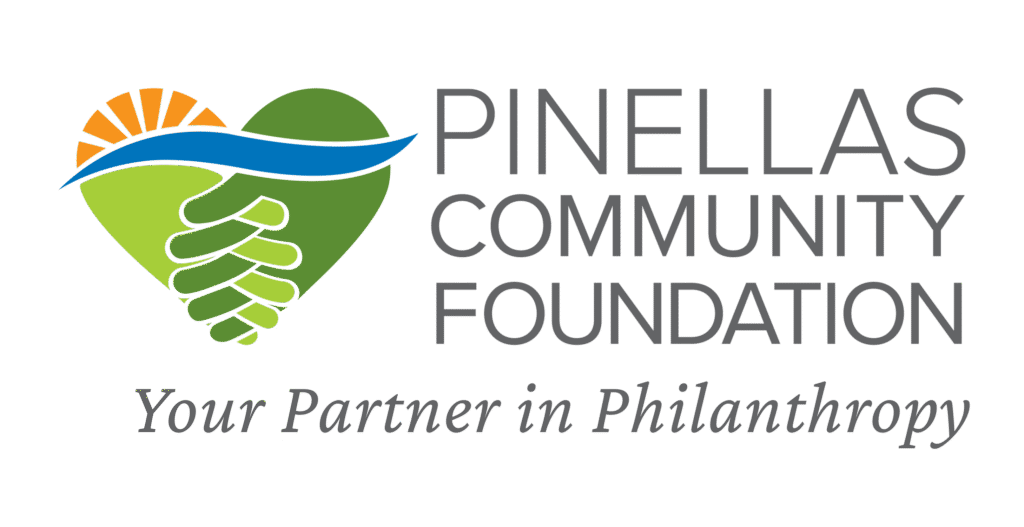Alexis and Shaun Hammer were shocked when they learned that they were having twins. Already the parents of a very busy 2-year-old boy, Mason, they couldn’t imagine how hectic their lives were going to become.
Their twin sons, Maddox and Maverick, arrived healthy and on time. Early on, however, the Hammers noticed that their twins were progressing differently than their older brother.
Diagnosis
“You hate to compare your children, but they were very quiet, which is unusual for babies,” recalled Alexis. “They also had sensory issues. They were sensitive to textures and gagged on certain foods. They were delayed on walking.”
At 14 months old, the Hammers had the twins evaluated through the Early Steps program, a family-centered early intervention system that serves infants and toddlers with developmental delays. They were referred to Dr. Nancy Carnevale, a developmental pediatrician who determined the twins showed red flags for autism. They were diagnosed as autistic at age 2, which made resources available to the Hammer family.
For more than a year, Alexis traveled to various facilities for assistance. This at times required an hour-and-a-half round trip with three kids in the car. With her husband in the military, Alexis had become a full-time stay at home mom. She said in addition to family support from her mother and grandmother, she developed a system in order to accomplish all that had to be done.
Local Helping Hands
In September 2018 she found The Arc Tampa Bay and the Richard B. Funk Center for Great Expectations. The Center provides Applied Behavior Analysis therapy (also known as ABA therapy) and other unique supports for children with autism spectrum disorder.
“We’re unique because we’re clinic based,” said Marc Weeden, PhD, BCBA-D, Clinical Director of the Richard B. Funk Center for Great Expectations. “ABA therapy is a systematic way of teaching based on the principles of learning that have been empirically validated.”
With a gym right in the clinic, the Center creates a learning environment that is welcoming and fun, so the children enjoy their time and want to return. The clinic uses developmentally appropriate programs and records the children’s progress after each session. As the children grow older, they are taught communication and socialization skills such as sharing and waiting for their turn.
“It’s not the child’s fault if they’re not making progress, it’s ours,” said Dr. Weeden. “And we haven’t done our job if we’re not training the families. It’s not helpful if it doesn’t work at home. Our goal is to put ourselves out of a job so they don’t need us anymore.”
Alexis said she cried early on because she wasn’t sure what the boy’s lives would be like. “And when you’ve never heard your baby say ‘I love you’ it’s the most awful thing” she said. But today, Alexis is hopeful.
“Life is not terrible, just a little bit harder, but I see how they’re progressing,” said Alexis. “The twins are totally different than they were before. They used to just make sounds but now Maddox and Maverick are using sign language and trying verbally. They understand family members and they remember people. They used to be runners, but now they walk and look both ways.”
Remarkable Milestones
Through the care of the Center, Alexis has found hope and a long-held dream has been realized. Maddox achieved a significant milestone when he said the word “up.”
“Maddox very much enjoys physical play, including being picked up,” Dr. Weeden explained. “He was also able to make the sounds necessary to say the word and, over time, we were able to teach him to say ‘up’ when he wanted to be picked up.”
Maddox is now also able to answer yes or no questions by saying “yeah” for yes and “mmm-mmm” while shaking his head for no.
The twins spend three hours a day, five days a week at the Richard B. Funk Center for Great Expectations, which is just five minutes from the Hammers’ home. They love the staff and enjoy their time at the Center.
“Everything is available in one place and this has made life so much easier for us and for the boys,” said Alexis. “They’re no longer frustrated and they’re really putting two and two together.”
Maddox has always been slightly ahead of Maverick, but Maverick has come out of his shell and is working hard and progressing as well. Originally a year or more behind developmentally, the twins now 4, are starting to catch up. Older brother Mason, 6, is very patient and helpful. He is proud of his brothers who now play with him. And recently the family has experienced a welcome new addition, baby sister McKenna.
“It’s a busy life and I know we have a long way to go, but we’ve come so far in the nine months we’ve been with the Center,” said Alexis. “With kindergarten coming, I do worry about sending Maddox and Maverick to public school and how other kids will treat the boys. Kids can say things and the twins can hear.”
Until the time comes for that decision, Alexis is grateful that Maddox and Maverick have Dr. Weeden and his staff at the Richard B. Funk Center for Great Expectations. They have made a world of difference.
View the Bay News 9 story featuring Maddox and Maverick Hammer and the Richard B. Funk Center for Great Expectations.
The Arc Tampa Bay receives grants from the Pinellas Community Foundation and Serves the entire range of persons with intellectual/developmental disabilities. This includes persons with autism, seniors, and persons with intense behavioral issues, The Arc Tampa Bay offers several educational, employment, and recreational programs for intellectually/developmentally disabled adults at the spacious Long Center facility, which is owned and operated by the City of Clearwater. Also located within the Long Center facility, the Richard B. Funk Center for Great Expectations serves children ages 3 to 8 years old. Opened in 2016, the Center’s mission is “Providing the foundation for child and family success!”



